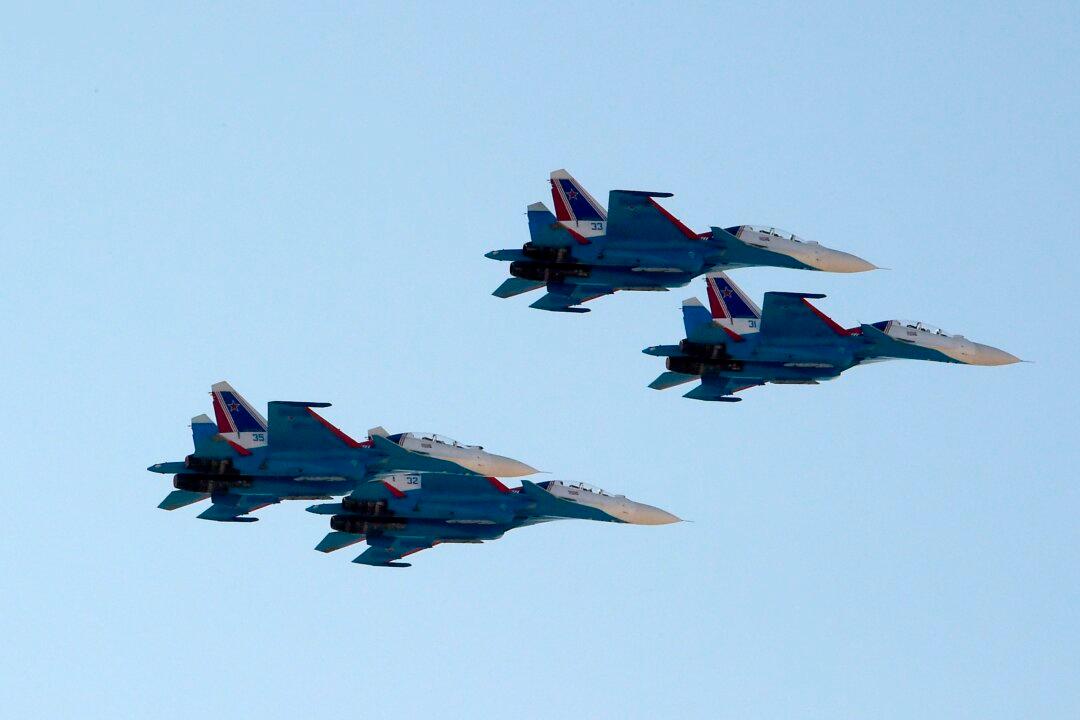A Russian fighter jet hit a U.S. drone over the Black Sea on March 14, U.S. officials said.
A Russian Su-27 aircraft “struck the propeller” of the drone, the U.S. European Command said in a statement.

A Russian fighter jet hit a U.S. drone over the Black Sea on March 14, U.S. officials said.
A Russian Su-27 aircraft “struck the propeller” of the drone, the U.S. European Command said in a statement.